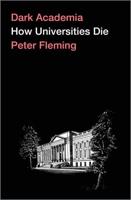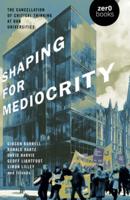Publisher's Synopsis
Chinese schools are thought to have begun in the Western Zhou (11th century to 770 B.C.), and continued through Confucius' time (551-479 B.C., and far beyond), emphasizing the "six arts"-ritual, music, archery, charioteering, history (including calligraphy), and mathematics. Extrapolating, adapting, and charting these Confucian ideals through several historic eras, the authors use a systems theory-based web model to demonstrate these cultural in uences on Chinese higher education. The authors also argue that this "Confucian" web deeply in uenced Deng Xiaoping's "long march" towards China's global development. Political, financial, technological, social and cultural imperatives of China's entrance into the global mainstream have, in turn, further affected the escalating evolution of education in China's universities. The authors-professors in both the American and the Chinese higher education systems-also develop an argument for delving deeply into culture, utilizing historical-critical methodology, buttressed by a conceptual understanding useful in analyzing the development of similar systems throughout the world. In addition, they present an historic, multi-faceted view of China's many incursions into the global world system, to build a truly astonishing higher education system in 2009. This rapid response further illustrates the strong foundation and societal and governmental support-upon which the current Chinese educational system continues to build.










